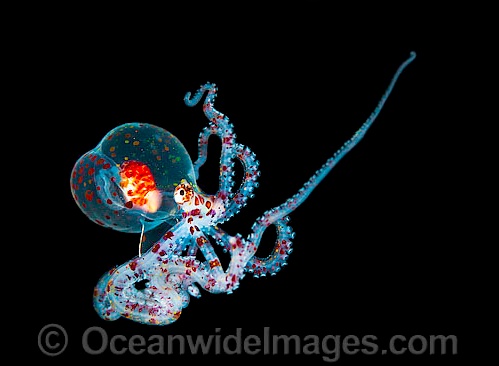Lawrence Krauss annoyed quite a few people with his jokes about the uselessness of philosophy in recent talks. He has now published an apology — he actually has a qualified dislike of certain kinds of philosophy, that which ignores empirical evidence, but otherwise appreciates the views of many other philosophers.
So, to those philosophers I may have unjustly offended by seemingly blanket statements about the field, I apologize. I value your intelligent conversation and the insights of anyone who thinks carefully about our universe and who is willing to guide their thinking based on the evidence of reality. To those who wish to impose their definition of reality abstractly, independent of emerging empirical knowledge and the changing questions that go with it, and call that either philosophy or theology, I would say this: Please go on talking to each other, and let the rest of us get on with the goal of learning more about nature.



